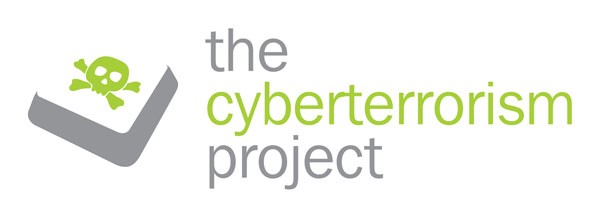The Cyberterrorism Project
The multidisciplinary cyberterrorism research project was established in 2011. The project has already earned a reputation as one of the global leaders in this field. To date, its activities include:
The first ever survey of the global research community on cyberterrorism. The findings document researchers’ understandings of what cyberterrorism is, the threat that it poses and appropriate forms of response, and have been published in Terrorism & Political Violence, Studies in Conflict & Terrorism, Perspectives on Terrorism and Journal of Terrorism Research.
Organizing international annual events on cyberterrorism and terrorists’ use of the Internet (September 2012, April 2013, June 2014, November 2015 and June 2016). These events have been attended by delegates from a number of UK universities and institutions across Europe (France, Greece, Ireland, Israel, Italy, Netherlands, Norway, Romania, Sweden, Turkey), as well as Australia, Canada and the United States. Other attendees have included representatives from the Home Office’s Office for Security and Counter-Terrorism, Her Majesty’s Inspectorate of Constabularies, the Royal United Services Institute and the Welsh Government.
Conducted an interdisciplinary study of online jihadist magazines to deepen understanding of their narratives and the communicative devices used to expound these. The findings will be published in a series of book chapters and journal articles (for the first publication from this study, see chapter 10 of Zeiger, S. (ed) Expanding Research on Countering Violent Extremism).
Producing three edited collections, examining the threat of terrorists launching cyberattacks (Springer, 2014), how terrorists use the Internet (Routledge, 2015) and online propaganda and radicalization (Routledge, 2016).
Producing an original database of over 500 news stories on cyberterrorism from more than thirty news outlets across seven countries. The findings from this research have been published in a series of three articles in Perspectives on Terrorism, Global Society and the European Journal of International Security.
Establishing collaborations with organisations that include NATO’s Centres of Excellence on Defence Against Terrorism (COE-DAT) and Co-operative Cyber Defence (CCD-COE) and the United Nations Interregional Crime and Justice Research Institute (UNICRI).
Contributing lectures as invited speakers at NATO Advanced Training Courses and at UNICRI Masterclasses on terrorists’ activities in cyberspace.
